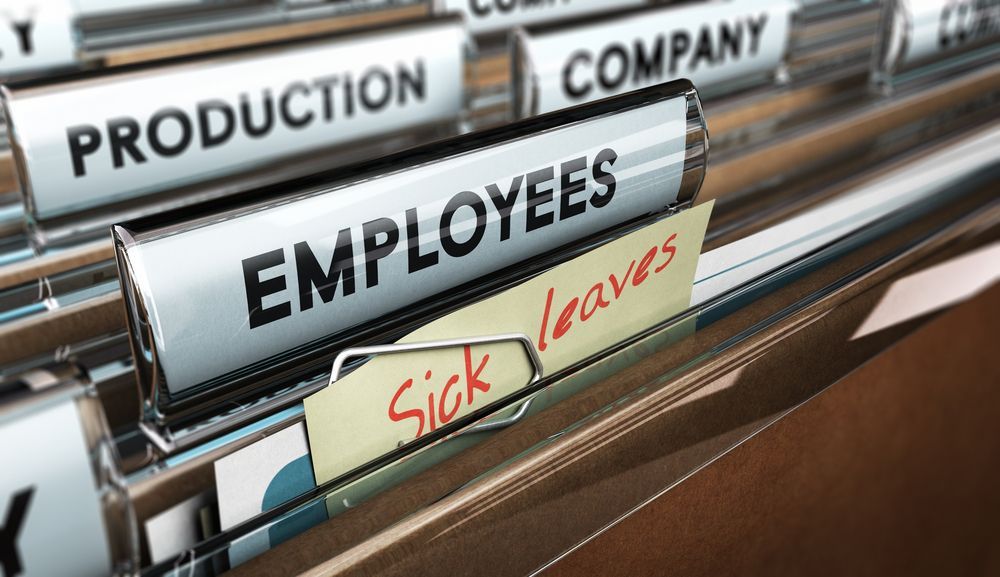
Resources
Avoiding burnout at work
- 9th October
The world of work is filled with various sources of stress. Many of these are to be expected from a busy worksite or office, but when too much pressure mounts up, it can create a real risk of occupational burnout, a state of exhaustion that can cause serious damage to a person’s mental health.
The line between manageable day-to-day stress to full-fledged burnout can often seem blurred, which is why it is so important that workers and their bosses learn everything they can about how to recognise burnout symptoms, and take steps to overcome the problem before it becomes serious. With a proper focus on self-care and dedicated workplace mental health support, it is possible for every staff member to work constructively towards their goals without needing to risk an unhealthy level of fatigue.
Lanes Group has a longstanding dedication to combating stress burnout and other signs of mental ill health among our staff, helping us win a Water Industry Achievement Award and an Institute of Water South East Region Innovation Award in recognition of our innovative workplace wellbeing programmes. We’re also committed to sharing this expertise, which is why we’ve put together some advice on how to identify and cope with some of the potential warning signs of work-related burnout.
Recognising burnout symptoms
One of the most important aspects of avoiding burnout is recognising what the condition is, and how it manifests. No matter what sector you are working in, most professionals will have an occasional off-day during which their energy or motivation levels are low; however, occupational burnout describes a much deeper and longer-lasting type of exhaustion that cannot easily be overcome.
Although not formally classified as a medical condition by the World Health Organization, burnout has nevertheless been recognised as a persistent phenomenon caused by unmanaged, chronic workplace stress. Symptoms include:
- Feelings of energy depletion and complete exhaustion
- Trouble sleeping as a result of work-related stress
- A negative, critical or cynical attitude towards work, with little interest in the work and a feeling of emptiness associated with the job
- Feeling persistently underappreciated and unrecognised
- A short temper and frequent arguments with team members and clients
- Becoming withdrawn and uncommunicative around colleagues
- Dreading going into work and an overwhelming desire to leave
- Frequent periods of absence
Occupational burnout can make it impossible for you to stay in your current job, so if you are experiencing some or all of these symptoms, it is a good idea to speak to a supervisor or line manager as soon as possible to figure out a solution together.
Advice for overcoming burnout
If you are feeling the strain of burnout, it’s important to take action to address it for the sake of your own mental health. There are a number of different steps you can take that will help to alleviate the immediate pressure, and ensure you are able to move forward with your career in a way that’s much more fulfilling and sustainable.
Make full use of your time off
One of the key causes of burnout is an inability to properly switch off from work, even during times when they would be expected to relax. This can stem from a tendency to work through allocated break times, or to keep track of work-related messages through email even when taking a holiday - indeed, a recent Lanes Careers survey showed that around one-fifth of British employees work outside of their contracted hours every day.
If this issue has affected you, then it’s vital to start making more time for yourself, potentially by booking some holiday time in which you put your work emails aside and focus on unwinding properly.
Adopt a healthier lifestyle in general
The fatigue resulting from burnout can make it easy for people to fall into unhealthy habits, whether that means eating a poor diet or maintaining a harmful sleeping pattern. This, in turn, can make the feelings of burnout even worse.
As such, workers can break this vicious cycle by dedicating time and effort to keeping up healthier habits outside of work - this may mean getting the right nutrients, visiting the gym, or sleeping regular and sufficient hours. All of these changes can make a big difference in terms of how ready you feel to face the challenges of your working day.
Expand your social links
Work-related stress is always easier to cope with when you have a strong support network in place. Getting to know your coworkers as people can really help - even the toughest working days become easier to deal with when you are tackling them alongside people you can call friends, and who understand the stress you are going through.
However, it’s important to also expand your social links outside of work, because feeling that your workplace and professional life is your only source of social contact can create additional pressures that contribute to burnout.
Explore mental exercise techniques
If you are really struggling to process the feelings of stress you experience through your work, it may be useful to study mental relaxation techniques. Meditation methods can help you create moment of calmness within your own mind, even when you’re dealing with a lot of external pressure, while the principle of mindfulness can make it easier to organise and structure your thoughts in a more productive way.
You can gain access to this kind of knowledge through independent research or by speaking to your doctor; if your company has a dedicated mental health manager, it may even be possible to get the help you need directly from your employer.
Speak to your bosses to find the right solution
Perhaps the most important part of dealing with burnout is making sure you are speaking to your managers about what you are experiencing, and taking advantage of all of the support measures they have in place to help you.
At Lanes Careers, we use a purpose-designed app to monitor employee wellbeing, and offer staff regular consultations with an in-house wellbeing practitioner to talk through any problems. Many other businesses offer similar facilities, and they can often make a huge difference.
By speaking to your bosses, you may also be able to figure out ways of adjusting your working methods to alleviate the core causes of your burnout. This could involve requesting more flexible hours, setting out new career goals, or refocusing your workload on tasks that give you a greater sense of personal fulfilment.
For many people, this can feel like a big step, but occupational burnout is too serious an issue to be facing alone. By reaching out for support, you’ll be making an important move towards a happier, more productive professional life.
Read on for more information about how Lanes Group’s wellbeing programme has delivered real benefits for our staff; if you’d like to find out more about working with Lanes Group, click here.
You can also download our whitepaper on the current state of mental wellbeing in UK workplaces for more information on this subject.
Our Offices, Divisions & Depots


Lanes Group Ltd,
17 Parkside Lane, Parkside Industrial Estate, Leeds, LS11 5TD
Lanes Group ltd
Customer Solutions Centre
9 Cambridge Avenue
Slough
SL1 4AY




Our News Feeds
Andy’s jobs journey reaches fulfilment down in the sewers
Andy led the Lanes emergency team, working on behalf of Thames Water, that first responded to the discovery of the Islington concreteberg.
Why Lanes Group - and the drainage sector - is perfect for those looking for a new career
Find out more about what makes the drainage sector such an attractive proposition for those looking for a change in career.
Where to start when making a career change
Let us help you understand your options when it comes to changing careers
How to successfully apply for a role as a Lanes Group CCTV engineer
Find out more about what we're looking for in our CCTV engineers, and how to maximise your chances of securing a role with Lanes Group.
What it’s actually like to work in the drainage industry
In this article, we look at the many great things about working in the sector and show you what it’s really like to have a career in this growing sector, while busting a fair few myths in the process.
Vicky has perfect role keeping online sales flowing
Personality, determination and a very good understanding of the drainage industry – all qualities that Vicky Smith puts to excellent use as an online sales executive at Lanes Group plc.